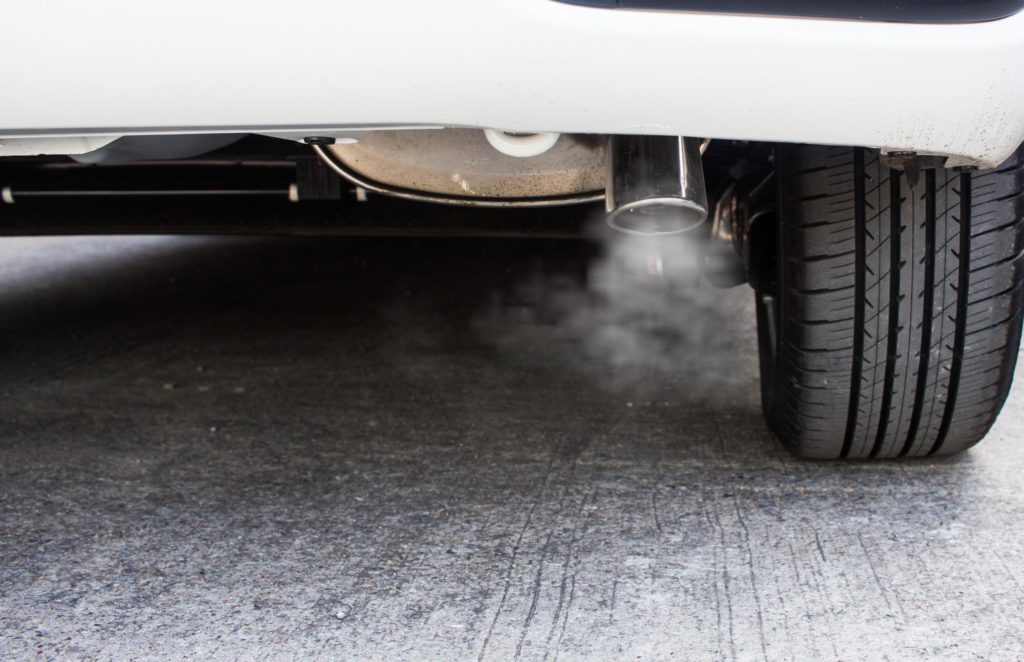Audi and BMW to retrofit Euro 5 diesels as Munich ban remains a possibility
29 June 2017

29 June 2017
With the widespread persecution of diesel engines showing no sign of abating, German manufacturers BMW and Audi have agreed a plan to retrofit Euro 5 vehicles with new software to aid their emission profiles.
Both companies are based in the German state of Bavaria and with national elections in September 2017, the country’s government is raising pressure on its vehicle manufacturers to contribute towards improving air quality and gain trust that has been lost since the Volkswagen (VW) Dieselgate scandal.
Both BMW and Audi have pledged that at least 50% of their Euro 5 diesel fleets will reach a level of Nitrogen Oxide (NOx) emissions that will cut pollution in cities, according to the Munich-based Bavarian state government. This will also see the two car companies taking on the cost of certification and development of the necessary engine management software.
According to BMW, it has 700,000 Euro 5 diesels registered in Germany, of which at least 350,000 can be retrofitted. Audi has not yet revealed any figures. Around 5.9 million diesel vehicles certified to Euro 5 are registered in Germany, which is 12.9% of all registered cars. The state government hopes that the remaining car manufacturers will follow the lead of the two manufacturers and look at retrofitting their fleets as well.
While the news puts the manufacturers’ environmental credentials to the fore, there may be another reason as to why both BMW and Audi are looking to retrofit their fleets. Cities around Europe are considering implementing bans on diesel vehicles, with Munich, at the centre of the Bavarian region, one of these.
In June 2017, the SPD Party’s Mayor, Dieter Reiter, told the SÜddeutsche Zeitung: ′As much as I would be pleased if we could proceed without such bans, I cannot see how we will continue to do without barriers in the future.’
This would mean that Audi and BMW vehicles could face a ban from their own state capital, while also affecting the residual value (RV) of used cars on their doorstep, with consumers looking to move away from diesel engines to ensure they could still drive in Munich.
In a statement, BMW CEO Harald Krueger comments: ′We believe there are more intelligent options than driving bans. That is why we support the initiative of the Bavarian government for a comprehensive and lasting improvement of air quality in our cities.’
The news comes as reports from German publication Handelsblatt suggest BMW is to launch an all-electric version of its 3-Series at the Frankfurt Motor Show in September 2017. The car would feature a range of around 248 miles and would compete with the Tesla Model 3, due on the market in 2018. BMW aims to be a leader in electric vehicles and is already planning an updated version of its i8 model, as well as a fully electric Mini for launch in 2019.
The insight behind the news
Never miss another story – sign up to receive your complimentary Autovista Group Daily Brief. This timely and incisive daily briefing covering automotive news and insights on the issues affecting your business is delivered direct to your inbox.